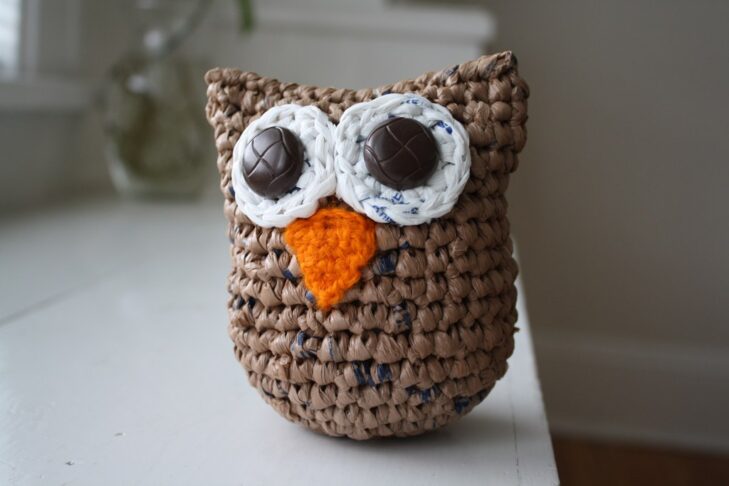Do you remember the Weebles? They were a whole line of miniature people shaped like eggs who were weighted on the bottom. The Weebles debuted in the ’70s and their tagline was, “Weebles wobble but we don’t fall down.” There was even an Israeli version called Nachum Takum. I was reminded of these toys this week when just days after friends posted pictures of their windstruck sukkot, new pictures popped up of rebuilt sukkot that were ready to continue the festival celebrations. There is a lesson to be learned, not only about the natural world in which we live, but also about the human spirit.
I love seeing the creativity of people’s sukkot; each one is so different and has a special twist according to the family or community that built it. Some have lights, some have traditional paper chains and others have gourds and cranberry string garlands. One thing is true, though; no matter how hard anyone tries, a sukkah cannot, nor should it be, weather proofed. We live in a time of highly unusual and violent weather. Our earth and climate are changing, and with it we are seeing unprecedented volatility marked by extreme heat/cold, hurricanes, earthquakes and other natural disasters. Sukkot is an agricultural holiday, and though we don’t live in a geographic area whose rhythm is dictated by the crops and farming, we all must be aware of the environment and how our daily life impacts the natural world.
At EHS, we make conscious choices to reduce waste, recycle and compost. We teach the importance of ba’al tashchit (not to waste/destroy) and the responsibility of being shomrei adamah (protectors of the earth). In connection to our commitment to being environmentally conscious, we will be hosting our first-ever community environmental symposium on the evening of Nov. 20. Mark your calendar and be on the lookout for more information in the weeks ahead. We have a great program in store.
Sukkot has always been associated with the environment and weather. Everyone is familiar with the adage, “If you don’t like the weather in New England, wait a minute and it will change.” Many years, including this one, we wear our jackets (and sometimes hats and scarves) during dinner in the sukkah. When we go back inside, we cannot help but appreciate the warmth and protection that our homes provide. The sukkah is meant to be a temporary structure that reminds us of the fragility of our lives as we step out of our comfort to “dwell in the sukkah.”
Each year, we build and decorate our sukkot, admiring how beautiful and firm they seem even with their thatch roofs. Yet this week’s bombogenesis (a term I hope will NOT become part of my lexicon but is all too familiar now after the recent one last week and a previous winter’s snowy version) storm was a powerful reminder of the awesome power of nature. The photographs were shocking; huge trees plucked from the ground and upended into people’s front yards and across streets. Hundreds of people woke up without power and many people had to confront very scary scenes in their yards. A flattened sukkah was the least of people’s concerns. And yet, so many of those sukkot were rebuilt.
Life brings setbacks and unexpected storms and the true test is how you respond. It’s OK to feel defeated, angry or frustrated, but these feelings cannot control our behavior. Rather, we need to recognize them and then make a conscious choice and plan to move forward. A Tanzanian proverb teaches, “The wind cannot break the tree that bends.” As we look back at Sukkot 5780, we must reach within ourselves to bend, not break, and keep growing.
This post has been contributed by a third party. The opinions, facts and any media content are presented solely by the author, and JewishBoston assumes no responsibility for them. Want to add your voice to the conversation? Publish your own post here. MORE



